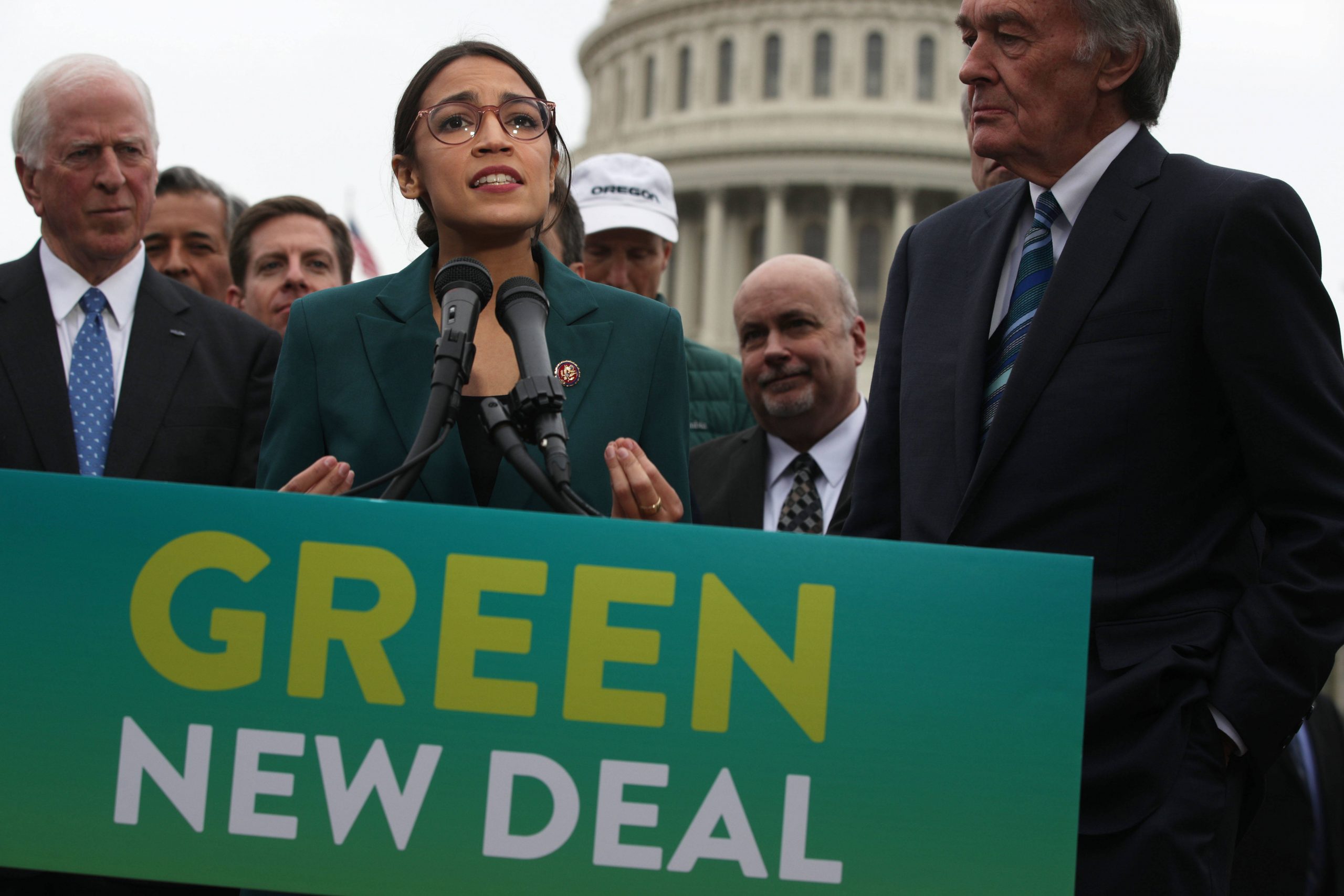
What makes money worth anything? The question sounds like a riddle. In 2009 the Zimbabwean newspaper pasted useless currency across billboards in South Africa. “Thanks to Mugabe this money is wallpaper,” one poster read. These striking images of worthless Zimbabwean notes, their value debased by hyperinflation, became an eloquent reminder of how money’s value is socially determined.
For a small but increasingly prominent group of economists and activists who champion a set of ideas known as Modern Monetary Theory (MMT), money’s value has become a defining issue. Advocates – who include Stephanie Kelton, a former economic adviser to the Democratic US presidential candidate Bernie Sanders, and the maverick UK tax expert Richard Murphy – argue that once we reshape our perception of money, many of the supposed constraints on government spending disappear.
Put simply, MMTers believe that most people mistakenly view the economy backwards. Instead of taxing in order to fund spending, states spend first and tax later. Central to this analysis is that sovereign currency is a creation of the state. Rather than “finding” the money to “pay” for universal healthcare, governments can electronically create money out of nothing. When inflation begins to rise, the state can employ its fiscal lever, taxing excess money out of the economy.
In 2017, Sanders proposed a free college tuition plan. More recently, Democratic congresswoman Alexandria Ocasio-Cortez, who has expressed sympathy for MMT, has declared her support for a “green new deal”, including dramatic public investment in renewable energy. Republicans typically retort: “But how will you pay for it?” For exponents of MMT ideas, who increasingly flood online debate, this question fundamentally misunderstands how the economy works.
“There’s an ideological framework behind that question: it presupposes that the government doesn’t have the money to do these things,” Kelton told a lecture hall in 2018 at Stony Brook University, where she holds a professorship. Conservatives have long argued that the government must manage its budget as a household does, “tightening its belt” by reducing borrowing. For Kelton and others, this analogy is a pernicious figleaf that obscures the ideological reasons for politicians’ fixation on deficit reduction.
Opponents of MMT, including Bill Gates, argue it amounts to “crazy talk”, paving the way for hyperinflation. But Murphy explains: “A common misconception is that it’s about flooding the economy with money – and that’s just not true.” Those who are committed to MMT are also committed to using taxation to curb inflation.
Yet taxation is far from a panacea. First, it is inherently contentious: raising taxes to reduce prices is unlikely to be politically expedient. As former Treasury economist and King’s College London professor Jonathan Portes tells me: “For those who are serious about MMT, it’s not clear that these ideas would give states more freedom to spend – in some cases they’d actually have to tax more to prevent inflation.” Rather than disrupting the status quo, MMT leads to the basic principles of taxation and spending “reappear[ing] through the backdoor”.
MMT’s logical conclusion appears more orthodox than its digital evangelists suggest. While it’s true that governments can create money and that state budgets do not resemble household ones, the concept has little to say about the underlying structure of the economy.
Labour’s economic team has, unsurprisingly, distanced itself from the concept. Though Jeremy Corbyn initially promoted a programme of “people’s quantitative easing” evocative of MMT, the shadow chancellor, John McDonnell, has since shifted focus to policies aimed at “democratising” the economy through public ownership and regulation, and reducing the UK’s huge wealth inequality.
So why does interest in MMT persist? As one anonymous online follower tells me: “When I first realised how the money system actually worked, it felt like I’d found out some secret knowledge about how the world really operates.” MMT may not have all the answers, but it has offered the perfect rhetorical counterargument in an era of dishonesty about the limits of state spending.
This article appears in the 20 Feb 2019 issue of the New Statesman, The last days of Islamic State



